“More than exercise, diet and wealth, science has shown that sleep is the most important factor to our physical and mental wellbeing” – Matthew Walker. In the build up to World Sleep Day DOSE contributor Lily Silverton discusses why this neuroscientist’s take on the science of sleep and dreams, is the wake up call we all need…
With the dos and don’ts of exercise and diet (my personal advice: do the former, don’t do the latter) pretty well covered, there’s been a shift in focus of late towards the final pillar in the Western world’s trinity of everyday-activities-we-need-to-relearn-for-better-wellbeing: Sleep.
As adults, we appreciate of course, that sleep is good for us. We don’t need to be told; we know it instinctively, on a cellular, biological level. When we sleep well, we feel well. Simple.
However, as neuroscientist and psychology professor Matthew Walker explains in his recent book, “Why We Sleep: Unlocking the Power of Sleep and Dreams”, until fairly recently scientific information about sleep was thin on the ground. We knew sleep was important, we just didn’t know why.
We’re talking about a state in which we, hopefully (more on which later), spend 1/3 of our lives, and so in the same way that as we begin to cognise our oceans we’re learning much more about our planet, the demystification of sleep is proving monumental for our understanding of the human race.
The biggest lesson: sleep is important.
Not like a little bit important. Really, really important.
The reasons for this are complex, varied and fascinating. Sleep restores the immune system, balances hormones, lowers blood pressure, cleanses toxins from the brain, resets the digestive system, and much more. It helps us process information, and convert our experiences into memories. Crucially, REM (dream) sleep is integral to our wellbeing, and Walker even suggests that it was this that helped us develop evolutionary and diachronically further than our primate cousins.
More so than diet or exercise, sleep is the most important factor contributing to our physical and mental welfare. You can get by without food and exercise for days, weeks, months even, but as anyone who has done an all-nighter knows too well, getting by without sleep is near torturous.
And here’s the thing, in many Western societies we are severely compromising both the quality and quantity of our sleep. Adults need between seven to nine hours of sleep every night, but according to The Sleep Council, more than a third of Brits sleep for less than six hours a night and one in three is affected by insomnia. (And according to Walker, lost hours can’t be made up. You may think you’re catching up on sleep at the weekend, but it doesn’t work that way – the deficit remains.) Staggeringly, it is estimated that insufficient sleep among the British working population costs the economy up to £40 billion a year through lost working hours (hence important events such as this one popping up).
So what are the factors that negatively impact sleep? Health and lifestyle problems such as excessive alcohol and sugary drink consumption, smoking, lack of physical activity, obesity, mental health problems, stress at work or home, shift work, financial concerns, long commuting, and more. Electricity – though one of the most vital and valuable discoveries of our time – has thrown us out of sync with our natural circadian rhythms. And then there’s all that light pollution from smartphones and tablets, which disrupts the release of melatonin, our ‘rest’ hormone essential for sleep.
Basically, life. Life affects sleep.
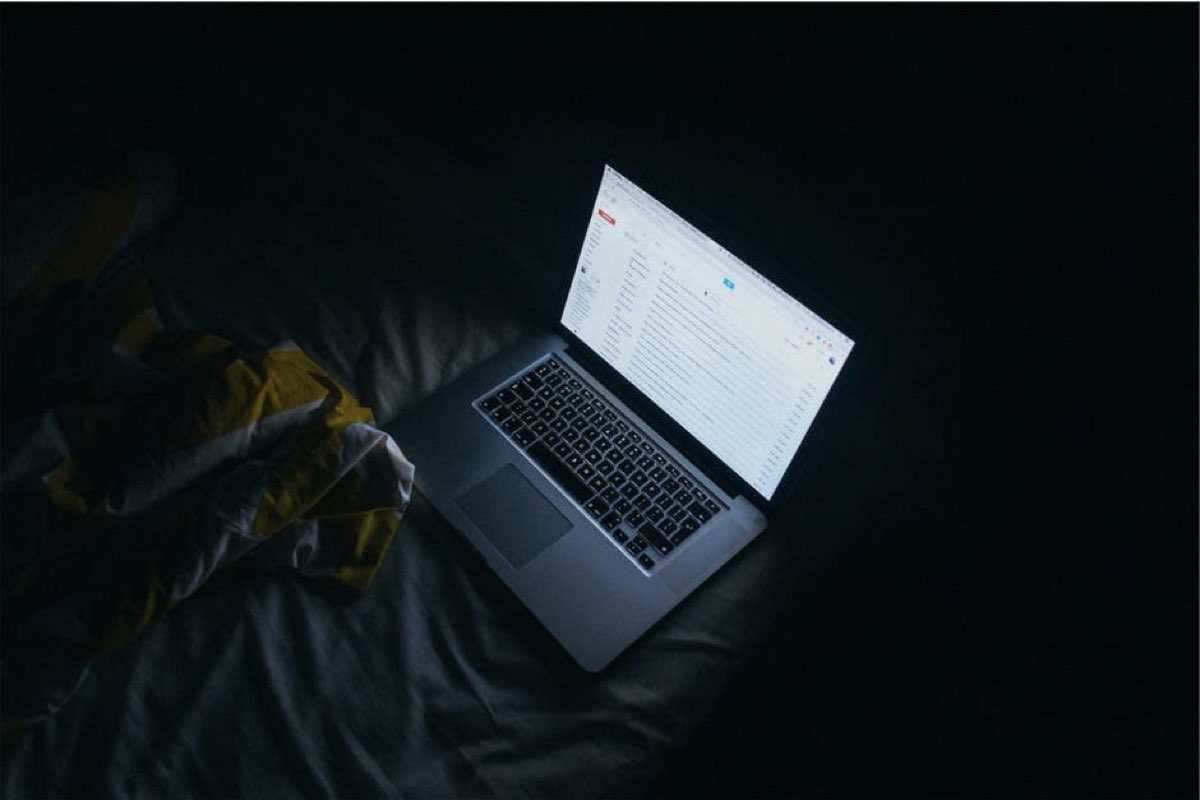
Now before you throw up your arms in despair at yet another wellbeing girl telling you how you’re living your life WRONG, and that if you look directly at a bowl of white sugar the world will combust, I am not trying to make you feel guilty for not getting enough sleep. Anxiety loves guilt. And making you anxious about the idea that you must sleep – so that when you wake up in the night you get stressed about not sleeping – is really not my aim.
What I’d like to suggest is that you take the remainder of this feature as an invitation to question your sleeping habits. And maybe you’ll find, as I did, that there are certain behaviours that don’t necessarily serve you so well, and that you can perhaps let go of.
So, lets celebrate World Sleep Day (yep that’s a thing) today with a list of suggestions for better sleep. Like anything else in life, what works best varies from person to person, at different stages in time. But if you’re struggling to get enough good quality sleep, perhaps something here may help:
Clean Sleeping
I tend to steer clear of suggestions that come from Goop – being as they are so rarely grounded in any form of science – but clean sleeping is essentially the lessons we all knew before Gwyneth began her book publicity campaign. Essentially go to sleep and wake up at roughly the same time everyday. Get some fresh air and sunlight during the day. Don’t drink coffee in the afternoon and make sure your room is dark. Don’t use your smartphone in bed, especially not if you wake up in the night. She also recommends fasting for at least 12 hours overnight, using copper infused pillowcases, and body oil (I don’t, unless you like those things).
Find Your Own Pattern
We’re individual on every level, including our sleep, and according to Walker, sleep patterns and requirements vary. Some people are natural night owls, and others are genuinely more productive and brighter in the morning hours (the reason for which are evolutionary – we needed different members of our tribe to be awake at different times so that the group was always protected from attacks).
Walker says most people need between 7-9 hours per night, plus a brief afternoon nap. However, others postulate that humans are better suited to a bi-modal sleep pattern i.e. two sleeps per night broken up with a few hours of wakefulness in which you could read, eat, have sex etc. Crucially, you want to make sure you’re getting all the stages of sleep, and lots of REM (which generally occurs later in the night). Don’t judge your sleep patterns with those of the people around you (hard I know if you live with a partner) – try to think about your individual needs. And if you have the fortune to be able to set your own working and home hours, start experimenting with what works best for you.
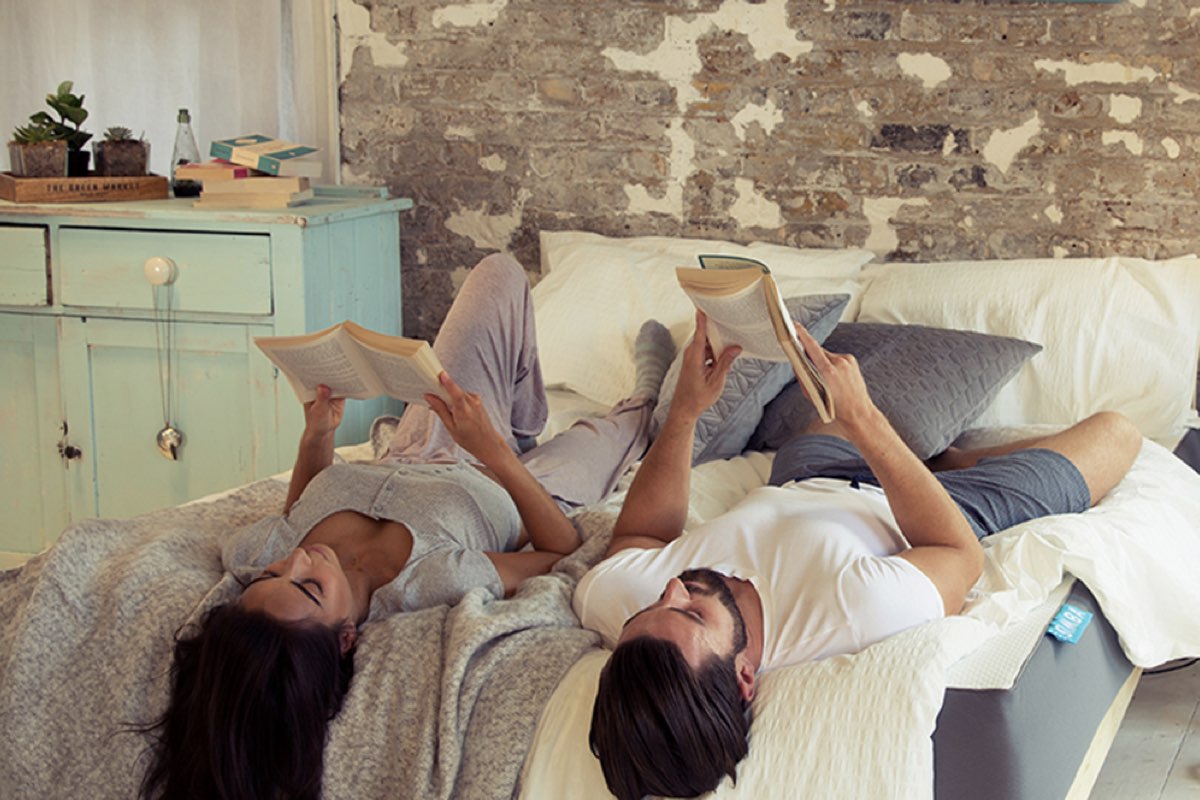
Get into bed earlier
You don’t have to go to sleep straight away. Read, chat, meditate, drink (caffeine-free) tea, have sex. There are lots of good things to do in bed except sleep, and it’s a great way to unwind and prepare the body and mind for rest. NB: It helps if you have a bedroom and bed you like spending time in, so take a good look around and see if there’s anything you can do to make your bedroom more appealing.
Alcohol
Walker explains that alcohol hugely disrupts (to the point of destroys) REM sleep. So, be mindful. (As if that’s the first time someone has suggested that.)
Don’t over do it
For years I was fastidious about being sociable in the evening, but also making it to a 6am yoga or gym class during the week. Now this would have been fine, if I’d been in bed by 9pm, and woken the next day feeling rested af. But that was not the case. Being active was very important to me (still is, in a different way) but my sleep and rest were compromised – I was running (sometimes literally) myself into the ground. If you love those early morning classes, consider an early night.
Sleep Tech
Slightly at odds with clean sleeping, yes, but perhaps this will be what works best for you. From smart mattresses to vibrating pillowcases, high tech sleep is on point for 2018.
Diet
Again I’m a big proponent of intuitive eating, so my recommendation would never be to diet, but it would be to add things into your diet. With lots of tips from sleep expert and author Nerina Ramlakhan, here’s a list of foods that may help sleep.

Yoga
As a yoga teacher, this one was probably going to come up eventually… Now you may want to give that evening Rocket Vinyasa class a miss as it can raise cortisol and stress levels – not something you want before bed. Instead opt for Restorative or Yin, or try Yoga Nidra (also called Yogic Sleep) a meditation that aims to place your consciousness in a state between wake and sleep. You could try a class, or at home – recordings can be found here, or via apps such as Insight Timer or Headspace.
Meditation
I recommend mindful meditation for everything. But it can really help with sleep, especially if you’re prone to waking in the night. A gratefulness meditation can be good at that point – as we can all agree are very lucky to have warm beds of our own. Again, try Insight Timer or Headspace.
Finally, Matthew Walker’s book is brilliant, I strongly recommend it for anyone who would like to know more.
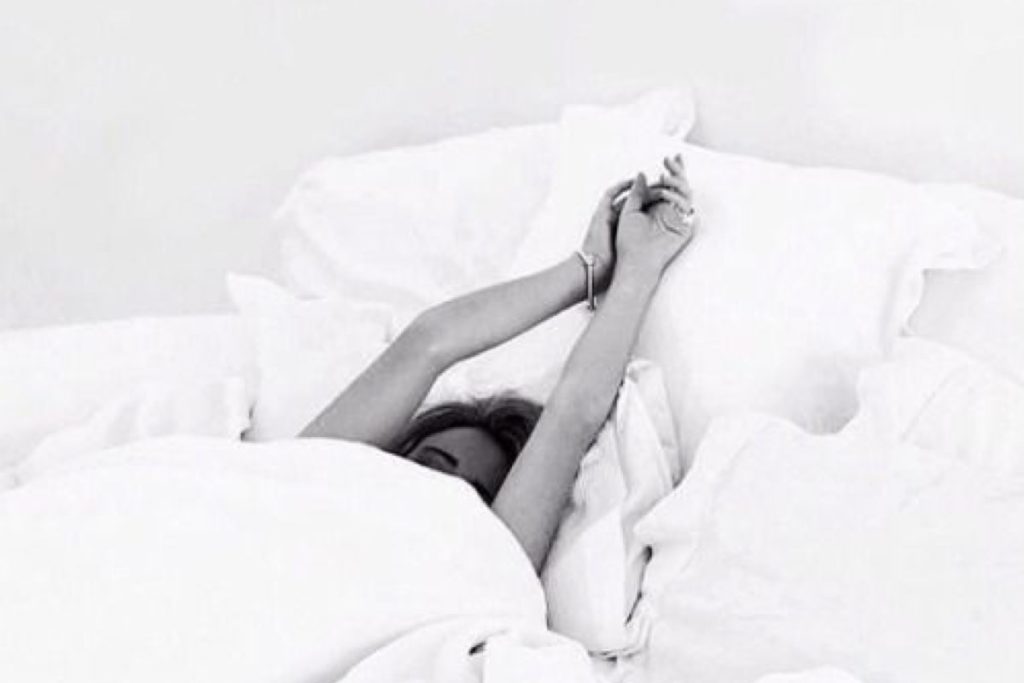


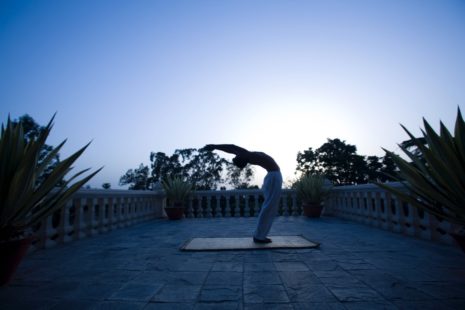
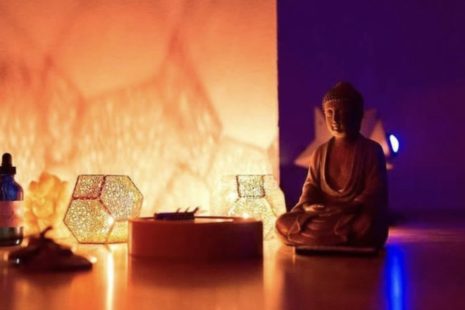
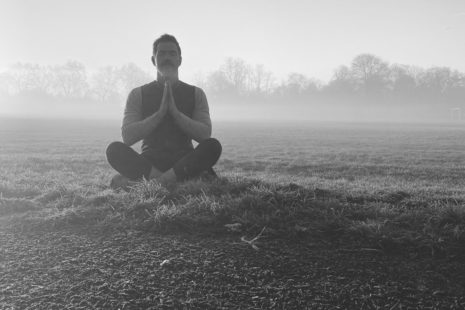









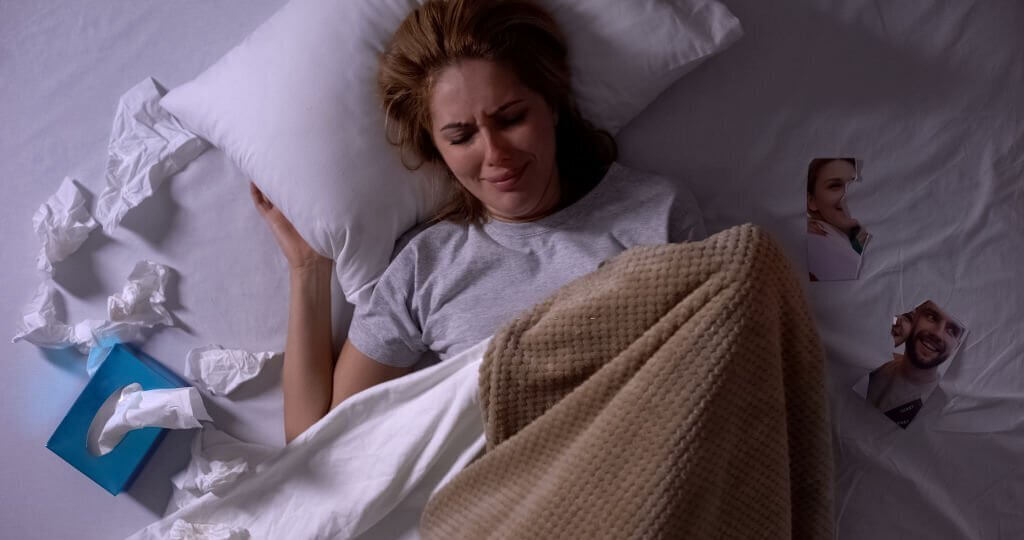

One Response